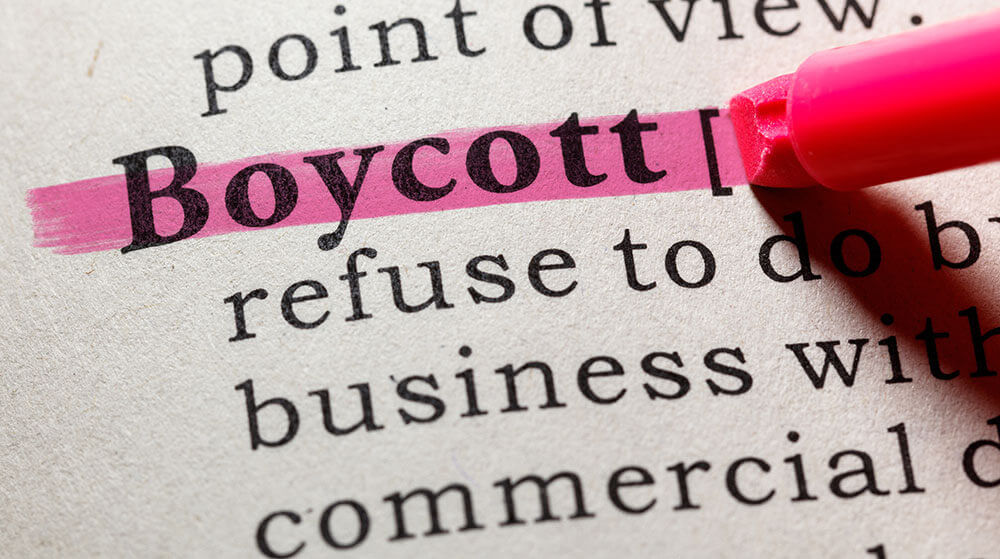What’s next for the Stop Hate Facebook boycott?
What is happening?
The Stop Hate for Profit movement, which called for brands to pause Facebook advertising during the month of July, is not going away. Organizers are still hard at work advocating to stop racism, antisemitism and hate on Facebook.
Over the past month, the coalition of U.S.-based organizations has extended its reach globally, with support from over 220 organizations across Canada, Britain, Germany and other parts of Europe. The movement, which started as a business boycott, has also recently called for consumers to get involved in support of businesses that are joining the campaign.
Additionally, organizers of Stop Hate for Profit have urged House investigators to question Mark Zuckerberg regarding Facebook’s monopolistic nature during the high-profile antitrust hearing this week. The movement is hoping to expose the platform’s sustained resilience despite lost revenue amid the boycott.
What does this mean?
The movement has accelerated a profound shift in the way consumers and brands evaluate social media platforms. Just like advertisers work to align with brands or companies based on what they represent, social platforms are being held to the same standard, now more than ever.
As we near the end of July, the Stop Hate movement continues to gain awareness. The boycott now has the support of over a thousand brands within the U.S. and more are opting to pause their Facebook advertising – including recent boycotter Walt Disney Co., Facebook’s top U.S. advertiser. Many brands have stated they will remain off the platform until at least the end of the year.
What should marketers be doing?
As August quickly approaches, brands and marketers need to decide where they stand and determine how to proceed, whether they joined the pause in July or are recently considering pausing.
Here are three options to consider:
- Continue or restart Facebook advertising on Aug. 1. Brands that depend on Facebook advertising as their main source of revenue should consider this option. Many small to medium-sized companies that are e-commerce dependent have opted to continue advertising on Facebook despite the boycott without consumer backlash.
- Continue the boycott indefinitely, or with a specific goal in mind. For instance, brands may opt to stay paused on Facebook until the platform takes more substantial action toward addressing the challenges raised by the Stop Hate movement. This approach may work best for brands with a diverse multi-channel media mix that don’t rely primarily on Facebook to reach their intended audience.
- Continue the boycott but reallocate Facebook advertising into other media channels. While Facebook continues to possess effective reach and performance capabilities, brands can often reach their target audiences on other channels via a healthy cross-channel media strategy. This strategy is bested suited for brands that are not Facebook dependent and also have a diverse multi-channel mix and a need to spend media budgets by the end of 2020.
These decisions are very individualistic, so in addition to audience reach and revenue generation, brands should also take time to reflect on their own core values while simultaneously evaluating the values of the social platforms they choose to partner with, now and moving forward.
With recent heightened awareness and advocacy for change, brands and marketers should begin incorporating the actions taken by the platforms they partner with as these decisions may greatly impact how brands are perceived moving forward.
Are you grappling with whether Facebook is a good place for your brand? We can help.

